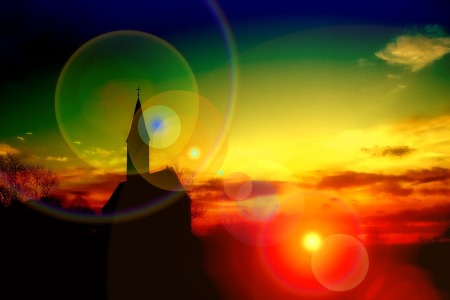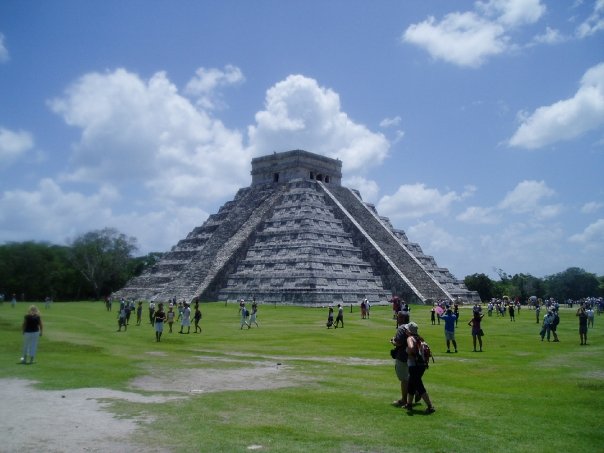One of the defining aspects of the fantasy genre is magic. Something so critical to your setting should be considered very carefully. For some, using the ideas in their favorite roleplaying game is sufficient. Others may want to use something more akin to ideas in myths and legends that inspire them. One of my favorite Youtube channels posted something about magic systems and how they work.
If you are going to design a magic system from scratch, there are many issues you need to decide.
First is where does magic come from? Does magic come from the gods? Demons? Is it a force of nature? Can it be more than one thing? This will determine a lot about the feel of your world and magic. If magic can only come from making pacts with outer planar creatures, those creatures may have rivalries, alliances, or even wars that bring their casters into conflict. If magic can only come from the worship of a god, then you need to stay in the good graces of that god. In many fantasy worlds, magic comes from many different sources depending on the type of caster one is. On Spheryl, magic is a force of nature, much like weather. Some areas, like Myos, is rich with magic. Other places may favor types of magic, like graveyards being strong with Necromancy.
Second, you should determine what forms magic comes in. Are we talking spells or are there simply items of power? Are there mystical streams and wondrous places where taking an object grants the user a boon? Perhaps there are inherently magical materials, such as specific types of wood or metal. On Spheryl, magic comes in all of these forms. A sword forged of magical metal could be quenched in the water found at the heart of the Marsh of Dread, then enchanted with spells from a Necromancer to become something truly terrifying.
Third, who can learn the magic? Do you need to be born with some internal talent for magic? Is it something anyone can learn, or perhaps the gods only favor some small few with power. If you are born with magic, is it something you inherently do or is the talent something that simply starts your journey? I wanted magic to be something anyone could learn, so on Spheryl, magic is a skill that anyone can learn given time, a teacher, and effort.
Fourth, what can magic do? Can it do anything, where a powerful wizard literally changes the course of history with a single casting? Perhaps it can only do really small things, where a powerful wizard is someone who can layer a ton of effects over and over to make something spectacular. Is magic divided in some fashion? For example, in Dungeons and Dragons healing was a province of divine magic, where arcane magic had more damaging magic. I wanted a lot of different magic, some of which was really powerful, but others may have different uses. So, there are several different Arcana of magic, each one having a particular focus. There may be some aspect of healing in multiple types of magic, but none are as good as Vitancy. Several Arcana can detect magic, but not nearly as well as a Diviner.
Finally, what sorts of restrictions does magic have? If the world is used for roleplaying, if the magic is unrestricted and really powerful, everyone is going to play a spellcaster. If the magic is severely restricted, no one will want to play one. Finding a happy medium is critical for balance between the magic-users and everyone else. This is really difficult, by the way. So much so that I think most fantasy roleplaying games actually do this poorly. If you are using the setting primarily for writing, having the magic be unrestricted makes it so that the protagonist doesn’t have to struggle as much. So, can magic only be used so many times per day? Does the caster get tired with every casting? If so, how long do they have to rest before they can cast again? Can they fail to cast a spell? If so, what happens? On Spheryl, every caster has a magical reserve that replenishes over time. The size of the reserve and how fast it recovers changes from caster to caster, with some developing enormous reserves that fill slowly on one extreme and those who have small reserves that fill extremely quickly on the other. Spells can be miscast and bad things happen when they go wrong.
Take the time to determine how magic works in your setting, even if it isn’t a focus of your plot. You may find that it influences your setting in ways you never imagined. Thanks for reading and see you next Sunday.


